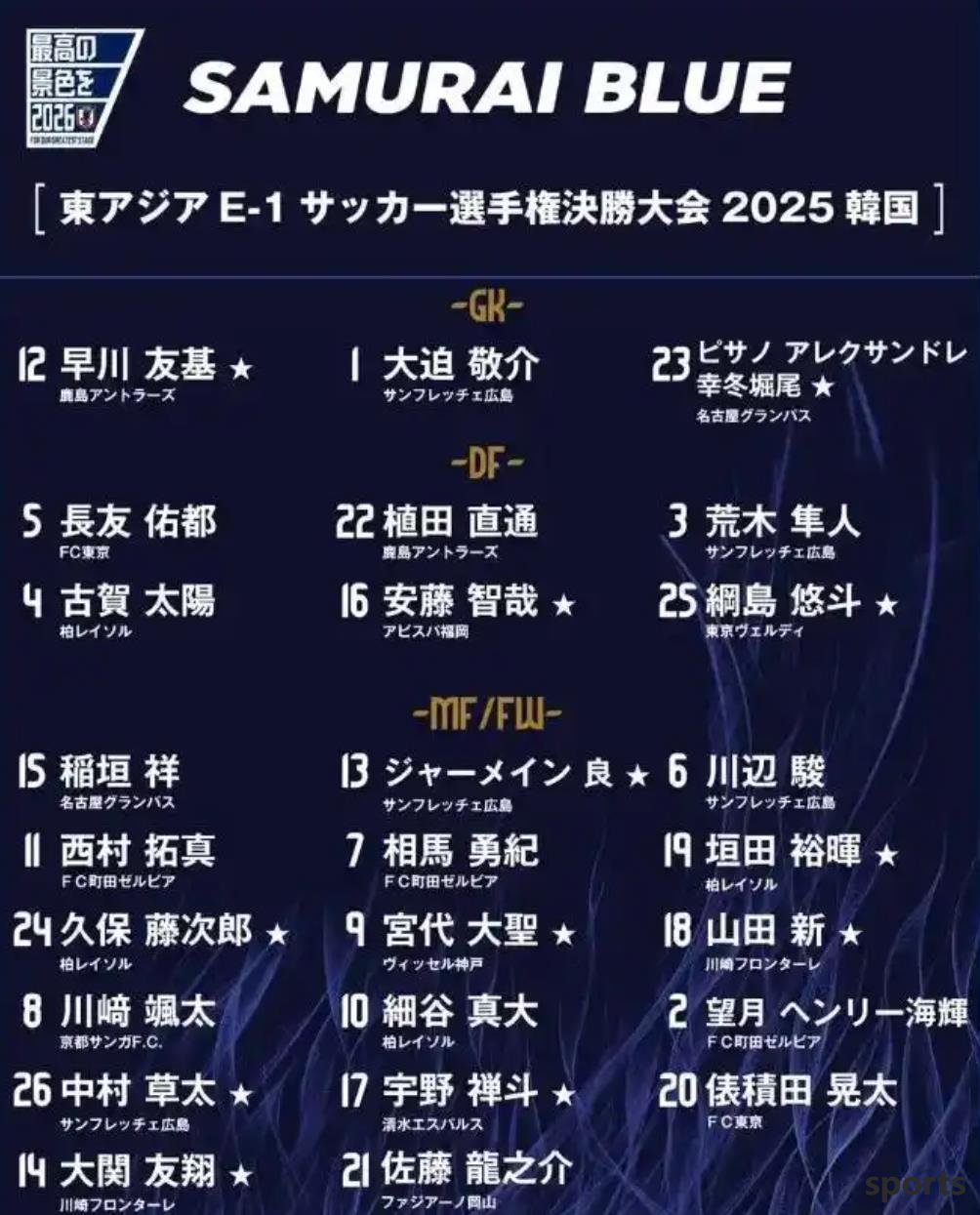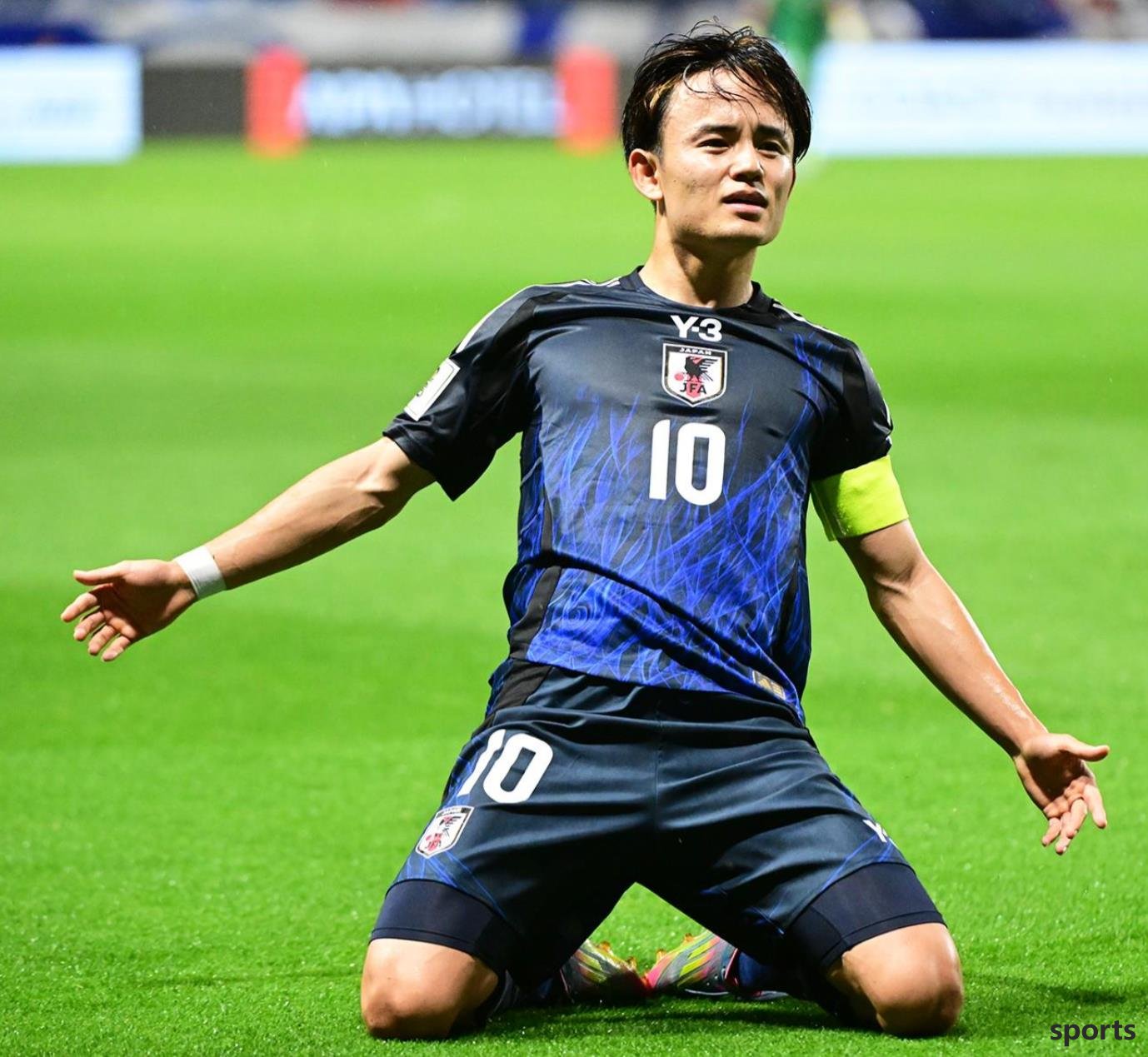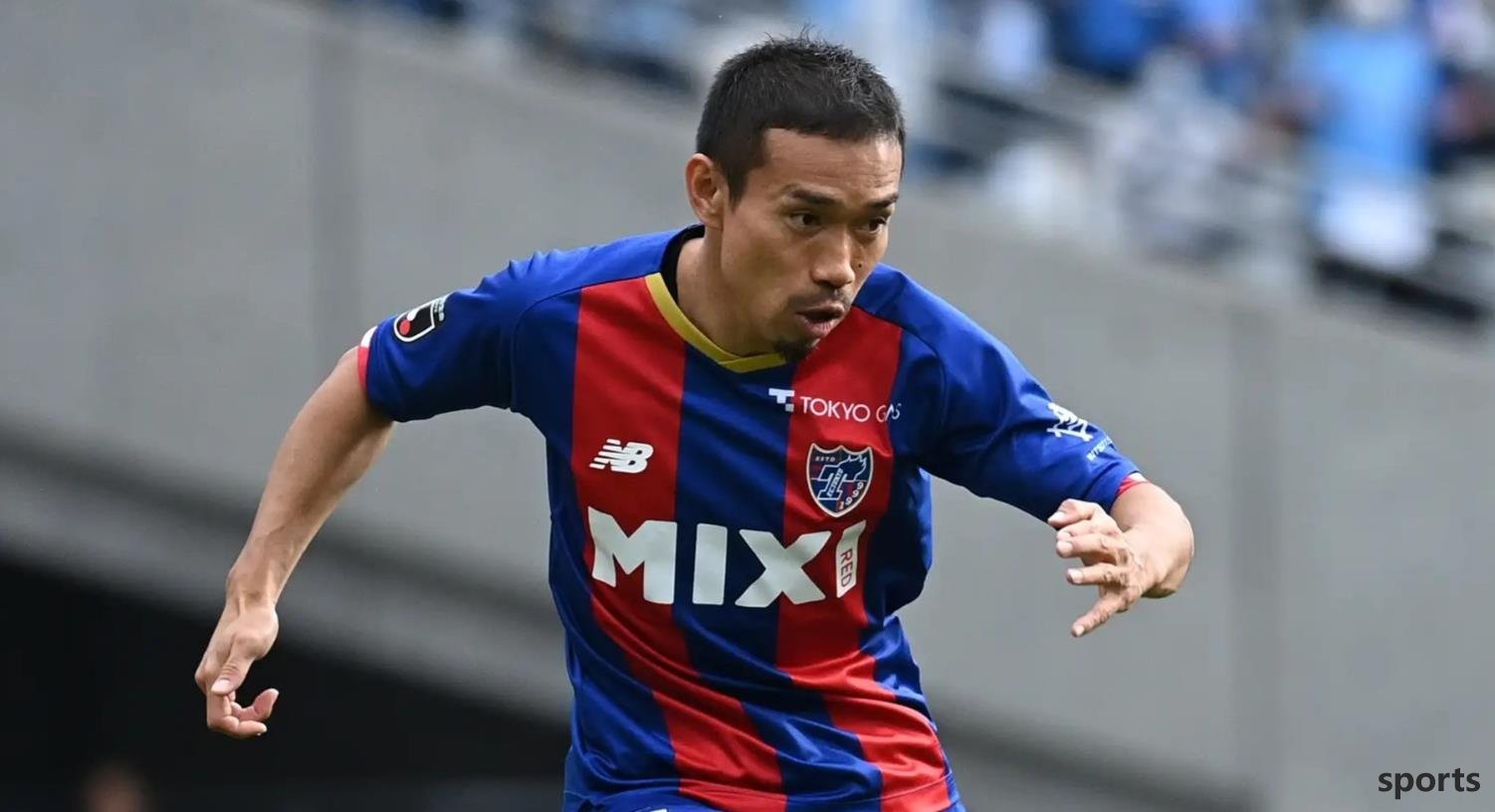289 Sports > Football > Which teams are these? No European players, Nagato Yuki, led by 12 players, and the first time they were selected!
Which teams are these? No European players, Nagato Yuki, led by 12 players, and the first time they were selected!
The Japanese national team officially announced the list of participants to participate in the upcoming East Asia Cup. This roster has attracted widespread attention, especially when there are no European players. Due to the schedules of various leagues, many players who play overseas have failed to be selected, which surprised many fans.
Yuto Nagato, who was the old and new, played in the East Asian Cup, was selected as the captain and continued to play as the core role of the national team. He is still recruited by the national team since he is nearly 40 years old. His career spans four major leagues, including the J League, Serie A, Ligue 1 and Turkish Super League. He has gone through four World Cups (2010-2022) and three Asian Cups. He is the only player who played in the four World Cups in Japanese football history. This kind of qualification is a top-level configuration in global football.
Although basic indicators such as speed and explosiveness are no longer comparable to those of the peak period more than ten years ago, his current value in the Japanese team is equivalent to Ronaldo's "spiritual leader + tactical mentor" role in the late Manchester United. His competitive state has declined but his strategic value is significant.
Special roster: Up to 12 players were selected for the national team for the first time

, and up to 12 players were selected for the national team for the first time, which demonstrates the success of the youth training system of Japanese football and the rise of new forces. These rookies shoulder the hope of the future of the national team, and despite their lack of experience in international competitions, their potential and passion have injected new vitality into the team. As one of the best, Hosokani Madara has won the favor of the coaching staff for his outstanding performance in the J League and has become one of the representatives of the new generation of players.
No European players were selected, are there enough youth training talents reserves? Or is it an accurate control of the event positioning?
The East Asian Cup, as an important event in Asian football, attracted strong teams from many countries and regions including China, South Korea and Hong Kong to participate. The Japanese team is often regarded as one of the favorites to win the championship. Although there are no European players on the roster, the coaching staff is optimistic about this and believes that local players are capable of showing excellent competitive levels in the event. Japanese football has always focused on cultivating local talents, and this lineup is a re-implementation of this concept.

Kubokai Ei
As the outpost of the 2026 World Cup, the Japanese team attaches more importance to the growth of young players in real confrontation. The 2023 East Asian Cup used a full local lineup, and finally won the championship and emerged with new stars such as Kubo Kenyo. This time, Japan continued this strategy. Japan won 3 championships, 1 Asian and 1 season in the past five East Asian Cups, and defeated South Korea 3-0 in 2023. This historical record gives him the tactical confidence of "beating the weak to defeat the strong", and this time he is willing to use newcomers to polish details.
The Japanese team's choice is not like the blind confidence of "Youth Training is good enough", but more like an active layout based on data evaluation and strategic game. This strategy of "taking Asian events as the test ground and aiming for World Championships" may reshape the competitive landscape of Asian football. If this East Asian Cup is successful, Japanese football may enter a new stage of "domestic elites and supplementary to European sharp swords".
Will the East Asian Cup be the "two heroes" in the competition for Asian football NO.1?
In this East Asian Cup, the Japanese team will face strong opponents, especially the confrontation with the South Korean team, which will be the focus of attention. The Korean team's performance in recent years is remarkable, and its strength cannot be underestimated. The Japanese team needs to show team cooperation and personal skills in the game to cope with the Korean team's offensive. As for the group situation, the East Asian Cup is a "two heroes' battle for hegemony", which may be difficult to shake in the short term.
The Japanese national team is now in the first and second teams, but they don’t want to be sent to the market. What teams do this big roster count as now? It seems that I want to start a new challenge in the East Asian Cup? What do you think the Japanese team will achieve in this East Asian Cup under the leadership of Yuto Nagato?

Related Posts
Pisa Director: Luis Buffon s talent is unquestionable, he is ready to play in Serie A
FootballOctober 7th Not long ago, David Vaila, the sports director of Pisa Club, accepted an interview and talked about the team’s son Luis Buffon. He said: "For me, Louis Buffon's debut is neither an accident nor an accident, but the result of har...
【Football】
moreMatthaus: Bayern is the best team in Europe right now, Barcelona is in financial turmoil, the Red Army spends more money
FootballOctober 08: German star Matthaus updated his column. After a wave of record-breaking results in the new season, Matthaus believes that Bayern is the best team in Europe today. "For me, Bayern is currently the best team in Europe. And this is no...
【Football】
moreKroos: I think Bayern will lock in the Bundesliga championship in March and April next year, they have too much advantage
FootballOctober 7th News Cross talked about the topic of Bayern's championship in an interview. He said that Bayern will lock in the Bundesliga championship from March to April next year. Kroos said: "As a player, I always hate people saying, '...
【Football】
more
Hot Posts
- Carragher: Lajue repeats his mistake, Tenghahe is the first to protect the "Lin"
- Falk: Liverpool, Real Madrid, Manchester United, Paris is interested in signing Upamecano without a sign tomorrow summer
- The French club with the most competitions in the European competition: Paris ranked first in 294 games, Lyon second in the
- 4: 4! 8 goals in halftime, 2 goals and 1 assist, Juventus scored 2 goals in a row in stoppage time, tied Dortmund in 96 minutes
- La Liga Comprehensive: Mbappe passes and shoots Real Madrid leads
- 40-year-old Ronaldo shows his power: Heavy shooting world wave, live perspective, too silky
- In a game, Real Madrid welcomes the strongest center! Mbappe has 3 goals in 2 La Liga games, Alonso is happy
- Leipzig after the game: Apologize to the fans, 0-6 is too bad, absolutely not to collapse like this
- Reporter: Nice defender Bud is a signing candidate for Juventus, and Atlanta is also interested in him
- Transfer window: DV9 contacts Milan, Juventus defensive signings are slow, Kupmenas looks forward to rebirth
Recent Posts
-
Can t stand the center! South Korea s U16 South Yian s fulcrum has a clear role, scoring 1 goal to instigate multiple attacks
-
Messi shines in revenge! Miami International defeats Seattle 3-1
-
The top 10 new stars in Italy, Liverpool ranked second with new players, Inter Uranus, third most regrettable
-
Sheffield United takes advantage of Bristol City to advance to the Super League!
-
This season, Valladolid is the last opponent who has no reason to fight Barcelona desperately
-
Kesaido s data in this game: 1 shot, 1 positive and 1 goal, 3 steals, 1 clearance, 7 wins and 4
-
1-1, La Liga 8th tied by La Liga 10th, 28-year-old Real Madrid s former player is in trouble to exchange for 3 points
-
Angel Gomez: Some players who have left Manchester United successfully because they have obtained the right environment for growth
-
Official: 30-year-old Rabiot joins AC Milan, with a total transfer fee of 10 million euros
-
Hiller: Isaac will not go to other teams because Newcastle is qualified for the Champions League and performs well